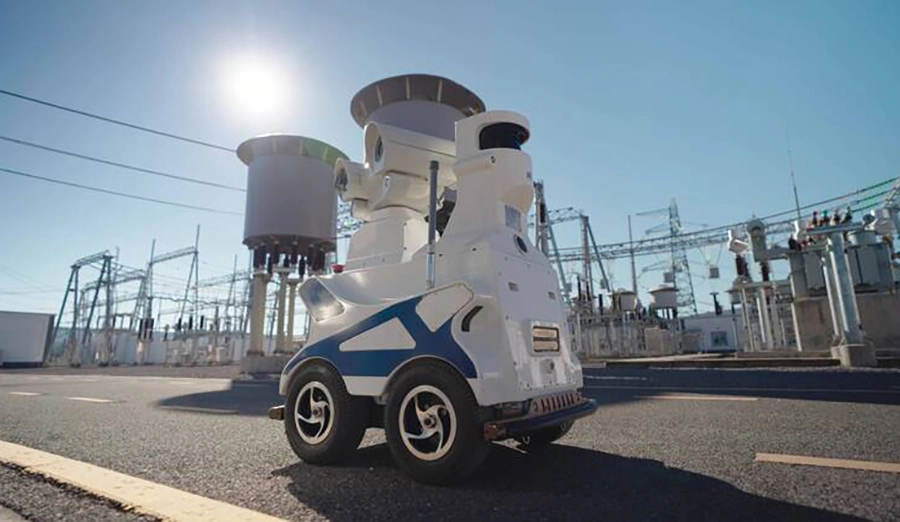
WIRELESS CHARGING IN THE NEWS
Electric wheelchairs play a crucial role in enhancing the mobility of individuals with limited physical capabilities. In recent years, wireless charging technology has increasingly permeated the realm of personal mobile devices, and its application in electric wheelchairs is gaining attention. The convenience of wireless charging frees users from the inconvenience of frequent charging, while also promoting further optimization in wheelchair design.
Traditional electric wheelchairs typically rely on wired connections for charging, which can somewhat limit the autonomy of users. The need to find suitable charging locations and perform complex connection operations in public can add an extra burden to individuals with mobility challenges. The introduction of wireless charging technology can alleviate these challenges and improve the overall user experience. Users can simply park their wheelchairs near a wireless charging station to automatically recharge their devices, eliminating the cumbersome process of plugging and unplugging cables, thereby greatly enhancing everyday convenience.
In recent years, various wireless charging solutions for electric wheelchairs have emerged in the market. Some exemplary cases reveal the enormous potential of wireless charging technology in enhancing the functionality of wheelchair products. For example, some manufacturers have introduced wireless charging systems based on magnetic resonance technology, which use innovative electromagnetic field transmission methods to enable medium-distance charging capabilities. These systems do not require precise alignment, allowing users to park with more ease without strictly aligning with the charging device, thereby enhancing user-friendliness and charging efficiency.
Moreover, as wireless charging technology matures, its reliability and safety have significantly improved. Specific technical solutions can ensure comprehensive monitoring during the charging process, including precise control of input current and voltage to prevent damage from overcharging or rapid charging. In certain application cases, intelligent management systems have been introduced that allow remote monitoring and management of charging status through mobile applications. This helps users promptly understand the power status of their wheelchairs and receive real-time updates and alerts during charging, ensuring safe and efficient energy replenishment.
In public and community environments, wireless charging technology also holds great promise. Many smart city infrastructure designs are already experimenting with this emerging technology, establishing wireless charging facilities in malls, hospitals, and transportation hubs to provide considerable convenience for electric wheelchair users and promote the construction of barrier-free environments. These facilities not only help improve the quality of public services but also, on a societal level, reflect care and recognition of the value of special groups.
However, despite the significant advantages wireless charging technology brings to electric wheelchairs, its widespread adoption still faces several challenges. Cost is a notable factor, as the development of wireless charging equipment and related technology requires substantial investment, resulting in higher prices for related products on the market. Currently, the consumer market for such products is primarily in developed countries, and users in developing countries may temporarily find it difficult to enjoy the convenience brought by this technology due to economic reasons. Additionally, the lack of technological standards and regulations is a major barrier to its broad application. The diversity in technical solutions and standards adopted by different manufacturers leads to a lack of uniformity, which may result in compatibility issues and cause confusion for users when making choices.
Despite these challenges, the application prospects of wireless charging technology in the field of electric wheelchairs remain vast. As technology continues to advance and the market matures, issues related to cost are expected to be resolved, further driving the widespread application of this innovative technology. Additionally, the implementation of standardization will contribute to the healthy development of the entire industry, providing users with more reliable and convenient wireless charging solutions for electric wheelchairs. The broad application of this technology will undoubtedly provide more effective support for the daily mobility of individuals with disabilities worldwide, assisting with greater social participation and personal independence.







